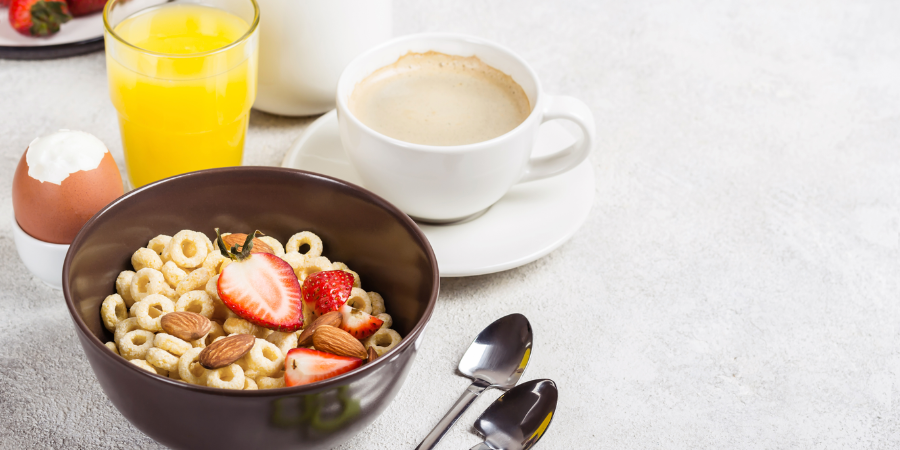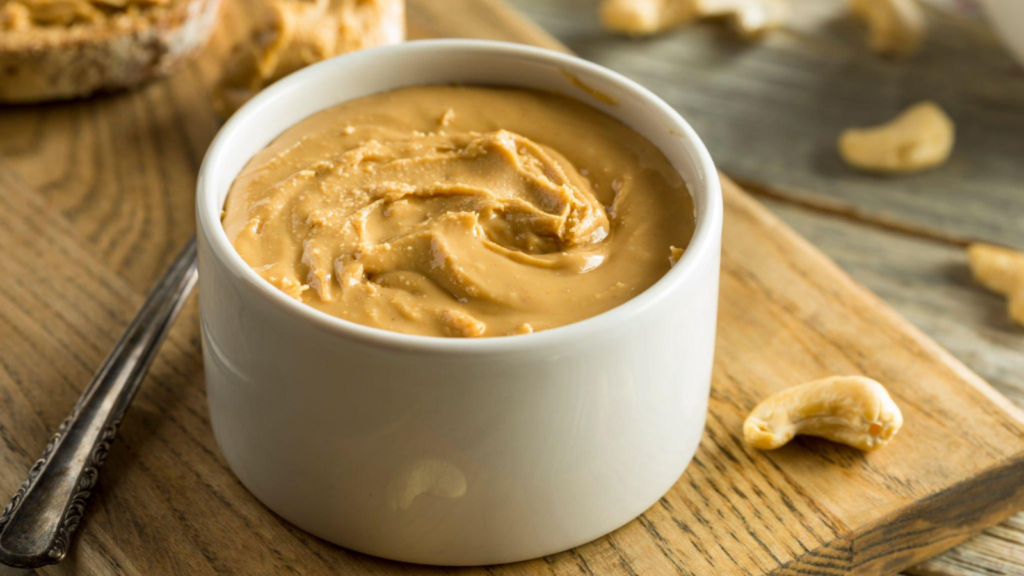Cheerios are a breakfast staple for many families. But are Cheerios healthy? This question often arises as health-conscious consumers seek nutritious options for themselves and their loved ones. In this article, we will explore the nutritional profile of Cheerios, their health benefits, potential drawbacks, and how they fit into a balanced diet.
Nutritional Breakdown of Cheerios
To determine if Cheerios are healthy, we first need to look at their nutritional content. Here’s a breakdown of the standard Cheerios serving size (1 cup, 28g):
| Nutrient | Amount per Serving |
|---|---|
| Calories | 100 |
| Total Fat | 2g |
| Saturated Fat | 0g |
| Cholesterol | 0mg |
| Sodium | 140mg |
| Total Carbohydrates | 20g |
| Dietary Fiber | 3g |
| Sugars | 1g |
| Protein | 3g |
| Iron | 45% DV |
| Calcium | 1% DV |
Key Nutritional Highlights
- Low in Calories: At just 100 calories per serving, Cheerios are a low-calorie option.
- Whole Grains: The primary ingredient is whole grain oats, which are beneficial for heart health.
- High in Fiber: With 3 grams of dietary fiber, Cheerios can help promote digestive health.
- Low Sugar: Cheerios contain only 1 gram of sugar, making them a great option for those watching their sugar intake.
Health Benefits of Cheerios
Cheerios offer several health benefits that make them a popular choice for breakfast. Here are some key advantages:
- Heart Health: Cheerios are made from whole grain oats, which are known to lower cholesterol levels. The soluble fiber in oats helps to reduce LDL (bad cholesterol) and can contribute to overall heart health.
- Weight Management: Because Cheerios are low in calories and high in fiber, they can help you feel full longer. This makes them a great option for those looking to manage their weight.
- Nutrient-Rich: Cheerios are fortified with essential vitamins and minerals, including iron and B vitamins. This fortification helps meet daily nutritional needs, especially for those who may have dietary restrictions.
- Versatile and Convenient: Cheerios can be enjoyed in various ways. Whether you eat them with milk, yogurt, or fruit, they can easily fit into different meal plans.
Potential Drawbacks
While Cheerios have many health benefits, there are some potential drawbacks to consider:
- Sodium Content: With 140 mg of sodium per serving, some individuals may find this concerning, especially if they are on a low-sodium diet.
- Limited Protein: Cheerios contain only 3 grams of protein per serving. For those needing higher protein intake, pairing Cheerios with a protein source like milk or yogurt is advisable.
- Not Gluten-Free: Though the original Cheerios are made from oats, they may not be suitable for those with celiac disease or gluten sensitivity unless labeled gluten-free.
Cheerios Variants: Which is Healthiest?
Cheerios come in various flavors and types. Here’s a quick comparison of some popular variants:
| Cheerios Variant | Calories | Sugar | Fiber | Protein |
|---|---|---|---|---|
| Original | 100 | 1g | 3g | 3g |
| Honey Nut | 110 | 9g | 2g | 2g |
| Apple Cinnamon | 110 | 9g | 2g | 2g |
| Multi-Grain | 110 | 6g | 3g | 3g |
| Frosted | 130 | 12g | 1g | 2g |
Which One Should You Choose?
- Best for Heart Health: Original Cheerios
- Best for Flavor: Honey Nut Cheerios (watch the sugar!)
- Best for Fiber: Multi-Grain Cheerios
How to Incorporate Cheerios into Your Diet
Incorporating Cheerios into your diet can be easy and delicious. Here are some ideas:
- Classic Breakfast: Serve Cheerios with milk and fresh fruit like bananas or berries for a nutritious breakfast.
- Yogurt Parfait: Layer Cheerios with yogurt and your favorite fruits for a tasty parfait.
- Snack Time: Enjoy Cheerios as a crunchy snack. They can be eaten plain or mixed with nuts and dried fruits.
- Baking: Use Cheerios in recipes for cookies or bars for added texture and nutrition.
Real-Life Examples
Many individuals have found Cheerios to be a beneficial part of their diet. For instance:
- Sarah, a busy mom, loves using Cheerios in her children’s breakfast routine. She appreciates the low sugar content and the heart-healthy benefits.
- Tom, a fitness enthusiast, incorporates Cheerios into his post-workout meal, mixing them with Greek yogurt and fruit for a balanced recovery snack.
Conclusion
So, are Cheerios healthy? The answer is a resounding yes, with some caveats. Cheerios are low in calories, high in fiber, and made from whole grains, making them a nutritious choice for breakfast or snacks. However, it’s essential to consider the sodium content and to pair them with protein for a more balanced meal.
Ultimately, Cheerios can be a healthy addition to your diet when consumed mindfully and in combination with other nutritious foods. Enjoy them in various ways, and you’ll find they can fit seamlessly into a healthy lifestyle.


